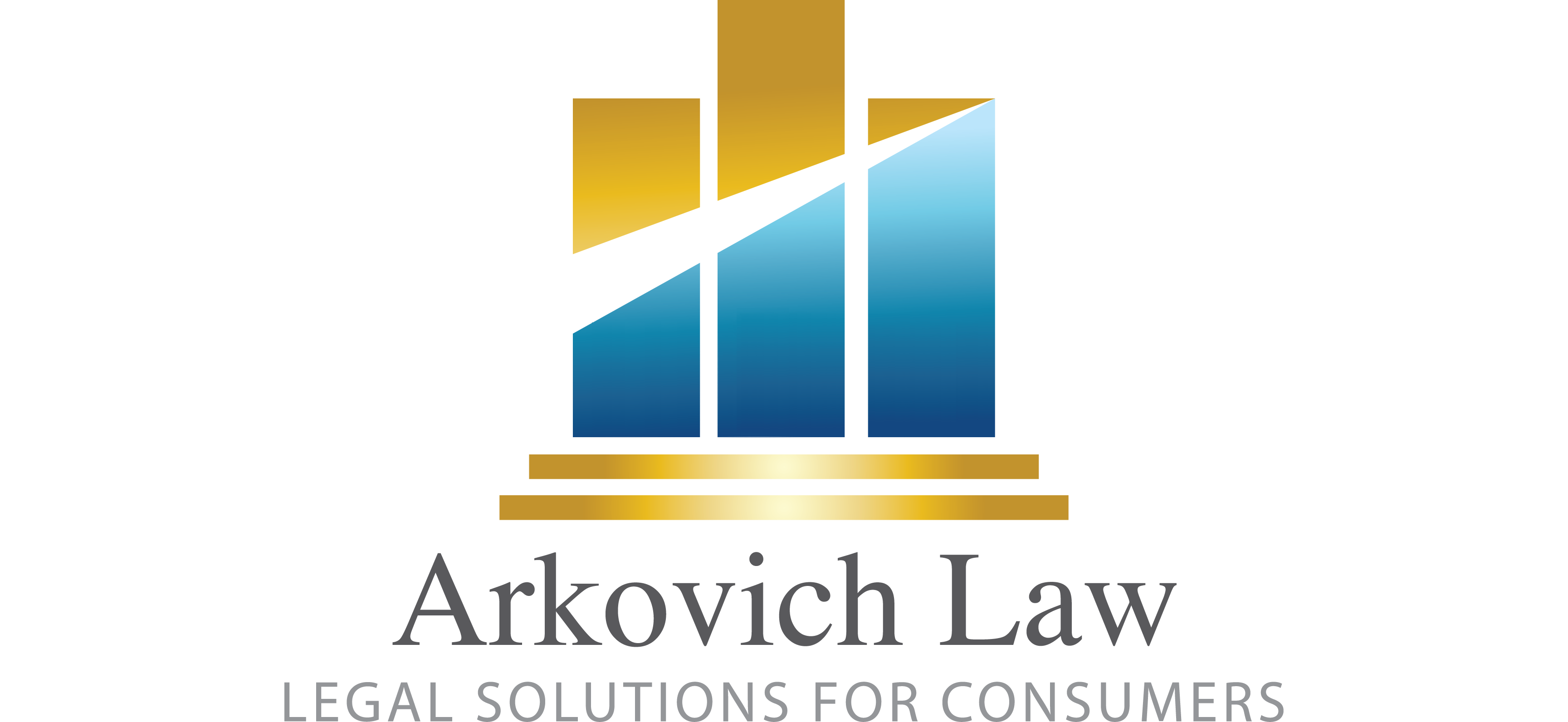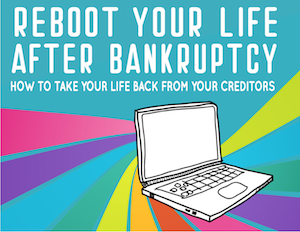Wells Fargo has always been difficult to work with when we try to negotiate private student loan settlements. However, we’ve started to see better deals in the past two weeks from other private student loan servicers – so I believe Wells Fargo loans are now fair game.
Well Fargo is exiting the student loan business. In a recent Bizjournal article “Wells Fargo sells off private student loan business,” nearly $10 billion of student loans were transferred to Apollo Global Management, Inc. and Blackstone Group, Inc. While it’ll be a few weeks, we expect this changing of the guard will open the doors for reasonable settlement opportunities. Something we haven’t been seeing for most all of Wells Fargo loans.
What we’re telling our clients now is this: don’t wait until the moratoriums are over. Now is the time to get good deals. In a few months time, after the moratoriums are lifted, creditor attorneys will back at it. Filing lawsuits. Garnishing wages. Repossessions. When they have the power to do those things, they will raise their settlement demands. Their clients are bleeding money right now. Now is the time to settle your debt — whether it be credit card, deficiency judgments, private student loans, car loans, you name it. In 6-12 months, the economic landscape will be better, and these deals we see now, won’t be there any longer.
 The SBA is sending out e-mails that seem to indicate that even though the signature block for the borrower is a corporate entity or LLC, the individual signing is also somehow liable in a personal capacity. But they also confirm that loans up to $200,000 require no personal guaranty. The language is as follows:
The SBA is sending out e-mails that seem to indicate that even though the signature block for the borrower is a corporate entity or LLC, the individual signing is also somehow liable in a personal capacity. But they also confirm that loans up to $200,000 require no personal guaranty. The language is as follows: Reboot Your Life: Tampa Student Loan and Bankruptcy Attorney Blog
Reboot Your Life: Tampa Student Loan and Bankruptcy Attorney Blog




